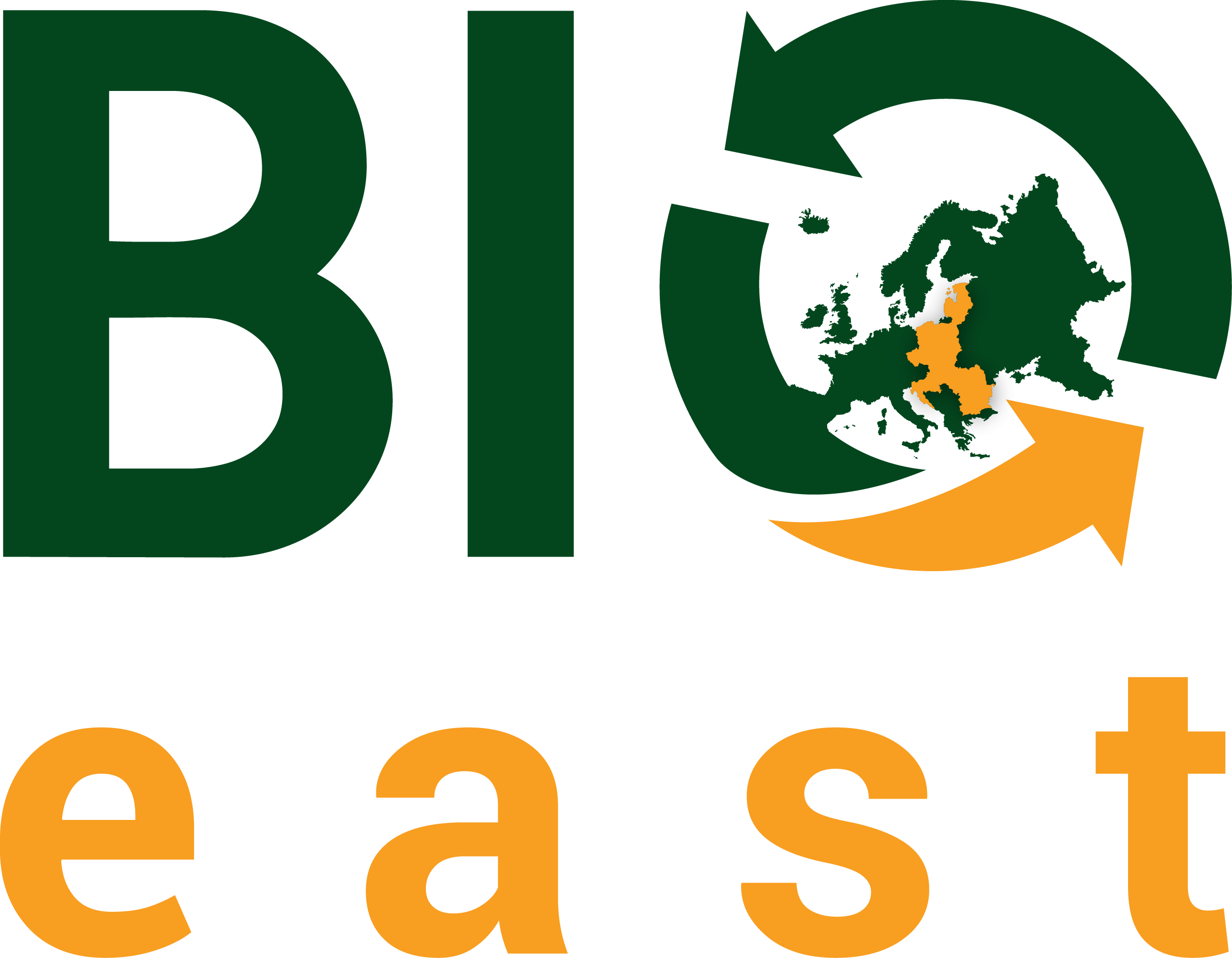On 26 September 2024, the Slovenian Bioeconomy Hub hosted a landmark event, “Bioeconomy – The Rise or Fall of Circular Investments” at Center Rog in Ljubljana. The event aimed to bring together industry leaders, policymakers, innovators, and representatives from financial institutions to shape the future of bioeconomy and unlock new investment opportunities in this rapidly growing sector.
With a focus on collaboration between technology, finance, and innovation, the gathering emphasized creating sustainable business solutions for companies of all sizes. Participants, including key financial stakeholders, engaged in discussions on how to foster a circular bioeconomy that not only drives economic growth but also addresses pressing environmental challenges.
This event wasn’t just a networking platform — it was a critical step toward turning bold ideas into actionable strategies. The presence of financial institutions was particularly important in exploring how to match bioeconomy projects with the right financial resources, facilitating meaningful connections and solutions.
The day kicked off with morning coffee and registration, followed by opening remarks from Miha Škrokov (Anteja ECG), Alenka Dovč (GZS), and Ladeja Godina Košir (Circular Change), setting a collaborative and solution-driven tone for the discussions ahead.
Mateja Dermastia (Anteja ECG) presented an overview of the opportunities in the Slovenian Bioeconomy in comparison to some leading practices in Germany, highlighting the potential for growth in this sector.
Following her presentation, Simon Franko (BASF) shared insights into industry trends and innovations that could shape the future of bioeconomy investments.
The panel discussion brought together experts from leading companies, such as Simon Franko (BASF) and Blaž Medja (Pivovarna Laško Union – Heineken), alongside financial leaders Alenka Recelj Mercina (NLB) and Nina Dremelj (Vesna VC). Their diverse insights sparked a dynamic conversation on investments in the circular bioeconomy.
The panel highlighted a crucial distinction: while banks, like NLB, focus on stable financing for established businesses, venture capital firms, represented by Vesna VC, play a key role in funding high-risk, high-reward innovations. This difference in approach underscored the importance of aligning the right financial resources with specific stages of bioeconomy projects.
Clara Martinez from the European Circular Bioeconomy Fund (ECBF) delivered key insights from the front lines of venture capital, sharing how ECBF strategically funds innovative circular bioeconomy projects. Drawing from real-world expertise, Clara provided attendees with invaluable advice on securing investment, outlining what makes a project truly stand out to investors. Her practical guidelines gave the audience a clear roadmap to funding opportunities, offering concrete steps on how to shape successful projects that attract venture capital in this competitive, evolving sector.
Special acknowledgments were given to the Slovenian-German Chamber of Commerce for their support, the exceptional hosting by Center Rog, and the catering services provided by Grashka Deli, a local frontrunner in the bioeconomy sector.
The event successfully highlighted the importance of collective efforts in shaping a resilient bioeconomy and laid the groundwork for future collaborations. As the discussions continue, the Hub is eager to build upon this momentum and bring together finance and bioeconomy initiatives on the ground.
For further updates and to stay connected, stakeholders are encouraged to contact: marco[at]circularchange.com





